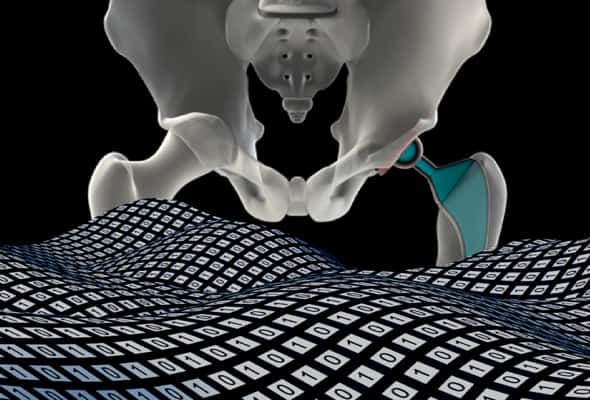ARCHIVED CONTENT
You are viewing ARCHIVED CONTENT released online between 1 April 2010 and 24 August 2018 or content that has been selectively archived and is no longer active. Content in this archive is NOT UPDATED, and links may not function.
Updated 05/3/2013
Providing new impetus for ongoing discussions regarding technology-assisted review, recent court documents from the matter of In Re: Biomet M2a Magnum Hip Implant Products Liability Litigation are spawning new eDiscovery conversations and critiques ranging from multimodal assisted review approaches to mathematical analysis of expert briefs.
While much will likely be written about the process of technology-assisted review in this matter, provided below for your review and research are actual court documents (consolidated PDF) and industry commentaries (limited listing of articles/resources) that may be beneficial as you study and draw your own conclusions on the eDiscovery approaches and math in this matter.
Technology-Assisted Review and Biomet – 042413
Key Documents In Re: Biomet M2A Magnum Hip Implant Products Liability Litigation
Consolidated Document Index (PDF Page, Chronology and Subject)
- Page 1 – 20: April 1, 2013 – Plaintiff’s Memorandum in Support of Collaborative Predictive Coding – In Re: Biomet M2a Magnum Hip Implant Products Liability Litigation, 3:12-md-2391-RLM-CAN (N.D.Ind. April 1, 2013)
- Page 21 – 407: April 4, 2013 – Biomet’s Submission in Support of Discovery Efforts – In Re: Biomet M2a Magnum Hip Implant Products Liability Litigation, 3:12-md-2391-RLM-CAN (N.D.Ind. April 4, 2013)
- Page 408 – 415: April 18, 2013 – Order Regarding Discovery of ESI – In Re: Biomet M2a Magnum Hip Implant Products Liability Litigation, 3:12-md-2391-RLM-CAN (N.D.Ind. April 18, 2013)
Limited Listing of Related Articles/Resources
- Northern District of Indiana – Matter Information: In Re: Biomet M2a Magnum
- Indiana Federal Court OKs Jump-Start on Predictive Coding – http://bit.ly/11vztet (Monica Bay)
- Indiana District Court Approves Multimodal Computer Assisted Review – http://bit.ly/ZP4KF7 (@ITLexOrg)
- Citing Proportionality, Court Declines to Require Defendant to Redo Discovery Utilizing Only Predictive Coding – http://bit.ly/ZP3MbP (K&L Gates)
- In re: Biomet – Doing the Math on Court Approved Multimodal Review – http://bit.ly/15C96aW(@ITLexOrg)
- In re: Biomet – Read Both Sides’ Predictive Coding Memos – http://bit.ly/11AO5rF (@ITLexOrg)
- Federal Court Authorizes Predictive Coding in Multi-District Prior to Centralization Order – http://bit.ly/Zfbwos (Bingham Greenebaum Doll)
- What Is The Maximum Recall In Re Biomet? http://bit.ly/ZP4p5q (William Webber)
- In re Biomet: 2 x 2 = 5? http://bit.ly/YQAWZE (@ITLexOrg)
- Reasonable vs. Near Perfection: Court Rules for Tiered Predictive Coding Approach – http://bit.ly/YVt7lp (Mike Hamilton)
- Proportionality and Predictive Coding: A Hip Combination – http://bit.ly/15MqbPy (Karin Scholz Jensen)
- In Praise of Proportionality: Judge OKs Predictive Coding After Keyword Search – http://bit.ly/10nQ9QZ (Bob Ambrogi)
- Biomet: Lies, Damn Lies… and Economics Behind Predictive Coding Disputes (Entrepreneurs Take Note) http://bit.ly/10UZR4Q (Gerard Britton)
Source: Public Domain























